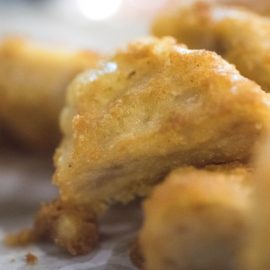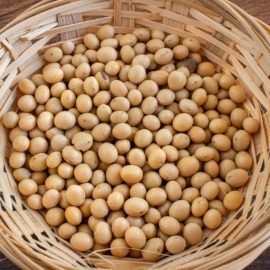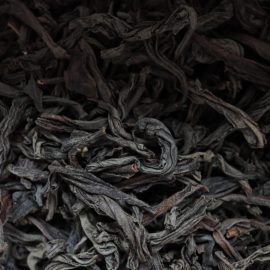Tertiary Butylhydroquinone, or TBHQ for short, is a synthetic antioxidant that plays a crucial, albeit inconspicuous, role in many foods we enjoy today. Yes, that means TBHQ does not occur naturally in significant amounts in foods. This unassuming compound might not be a household name, but its presence is pervasive, contributing to the extended shelf life and preservation of countless food products.
Lecithin (E322) In Food: What Is It?
The Benefits Of Using Himalayan Salt In Cooking
Starch Retrogradation: Understanding the Science Behind Stale Food
Potato Is Sprouting? Here’s What You Can Do
Acrylamide In Food: Chemistry, Formation, And Health Effects
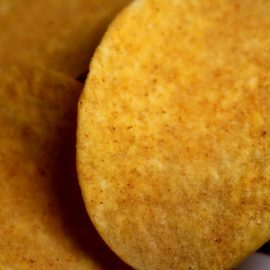
Acrylamide forms through a chemical reaction known as the Maillard reaction. This reaction occurs when certain amino acids and sugars in food react at high temperatures, typically above 248°F (120°C).
Acrylamide forms during frying, broiling, baking, and roasting due to the high temperatures involved, which promote the Maillard reaction and acrylamide formation.
Food Science: Why Is Cheese Yellow?

If cheese is primarily made from milk, which is white in color, why is cheese yellow, then? Well, most cheese, in general, is yellow because of natural pigments called carotenoids. The main providers of milk for cheese production are cows, and their diet typically consists of grass, hay, or silage. These feed sources contain carotenoids, specifically beta-carotene, which acts as a precursor to vitamin A and contributes to an orange-yellow hue in cheese.
Does Black Tea Really Contain Caffeine?
Expiry Date For Eggs: Is It Time To Throw Them Out?
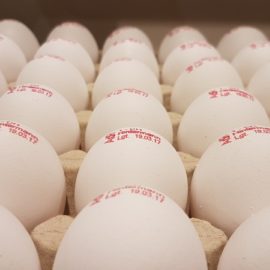
The expiry date for eggs serves as a helpful guideline for consumers, providing an estimated timeframe during which eggs are expected to remain fresh and safe to consume. Generally, the expiration date is set at around 3 to 5 weeks after the eggs were packed, and it is typically printed on the carton, often preceded by the labels “EXP” or “Expiry Date.” The Food and Drug Administration (FDA) advises consuming eggs within 3 weeks for the best quality. However, it’s important to note that the expiry date is not an exact science, and eggs can often remain safe to eat for a few weeks beyond the stated expiration date.
How Long Can You Keep Cooked Rice In The Fridge?
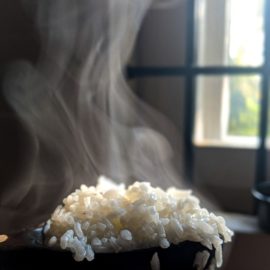
Cooked rice, unlike its uncooked counterpart, has a limited shelf life due to its moisture content and the potential growth of harmful bacteria. As a general guideline, cooked rice can be safely stored in the refrigerator for about 4 to 6 days. Beyond this time frame, the risk of bacterial growth increases significantly, raising concerns about food safety.
